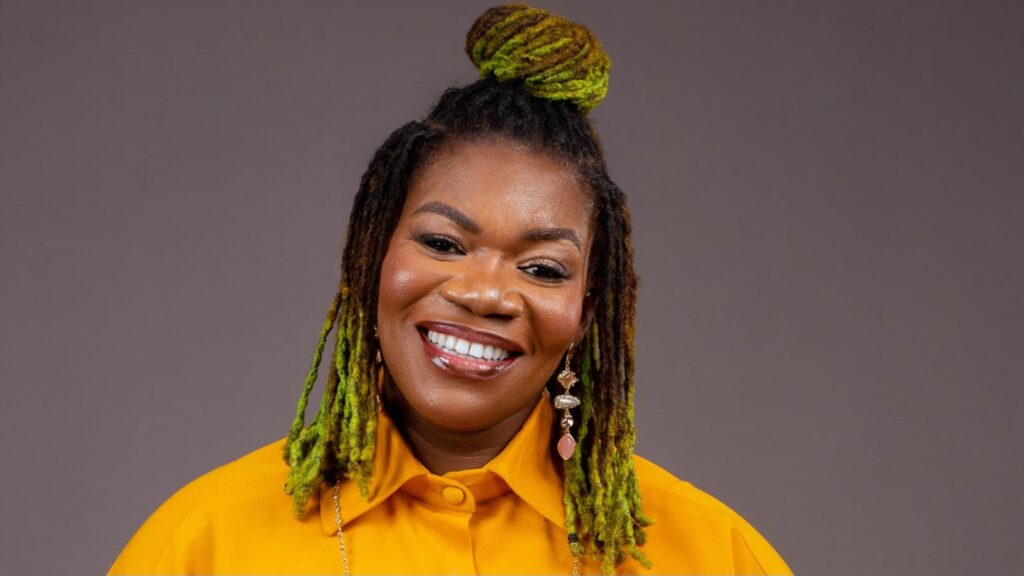
The Nigerian feature, Eyimofe (This Is My Desire), is about many different things — migration, exploitation, misogyny — but it’s primarily about money.
Following the lives of two individuals in Lagos, both of whom dream of immigrating to Europe to better their prospects, the film traces a web of Nigerian naira — currency needed for hospital bills, housing bills, lawyer bills, endless bills — that entraps the characters, sucking them in deeper the harder they try to escape. They’re at the mercy of a city where every interaction is a transaction, and where the myths of bootstrap capitalism come to die.
Mofe (Jude Akuwudike), who leads the first of the film’s two halves, lives in a cramped slum with his sister and nephews and works as a mechanic at a dangerously ramshackle repair shop to save up enough to immigrate to Spain. Rosa (Temi Ami-Williams), the focus of the film’s second chapter, lives in the same neighborhood with her pregnant teenage sister. Rosa works two jobs, and yet is forced to deal with unsavory characters — including a predatory businesswoman and a lovesick landlord — to pay her bills and procure visas to Italy.
Both Mofe and Rosa are struck by harrowing personal tragedies that in a different film — and with different actors — might take over the narrative. Both characters, however, keep moving with the stoicism of someone for whom hardship is the norm. Besides, there isn’t really any time to mourn: The bills continue to pile up, with even death involving a complex bureaucracy and hefty price.
Rosa sees a glimmer of hope when an American ex-pat begins dating her, but she’s soon forced to succumb to the very stereotype his rich, condescending friends have of her: a gold digger. Survival and manipulation are blurred when one is so desperate, leaving little room for anything as sincere as desire.
With aerial shots of Lagos’s bustling marketplaces and a sound design attuned to the city’s charter, the directors, Arie and Chuko Esiri, evocatively capture a milieu where everyone — rich or poor — is always hustling and bargaining. The cinematographer Arseni Khachaturan shoots on warm, grainy 16-millimeter film, which emphasizes not just the vibrant colors of Lagos but also its textures.
The heat, dust, and crumbling facades of Mofe and Rosa’s world contrast with the rarefied air and glossy surfaces of the venues where Rosa’s boyfriend takes her on dates. The portrait of a life that emerges organically from this understated, observant approach makes Eyimofe the rare social realist drama that conveys critique without didacticism and empathy without pity.
Courtesy of https://www.nytimes.com













